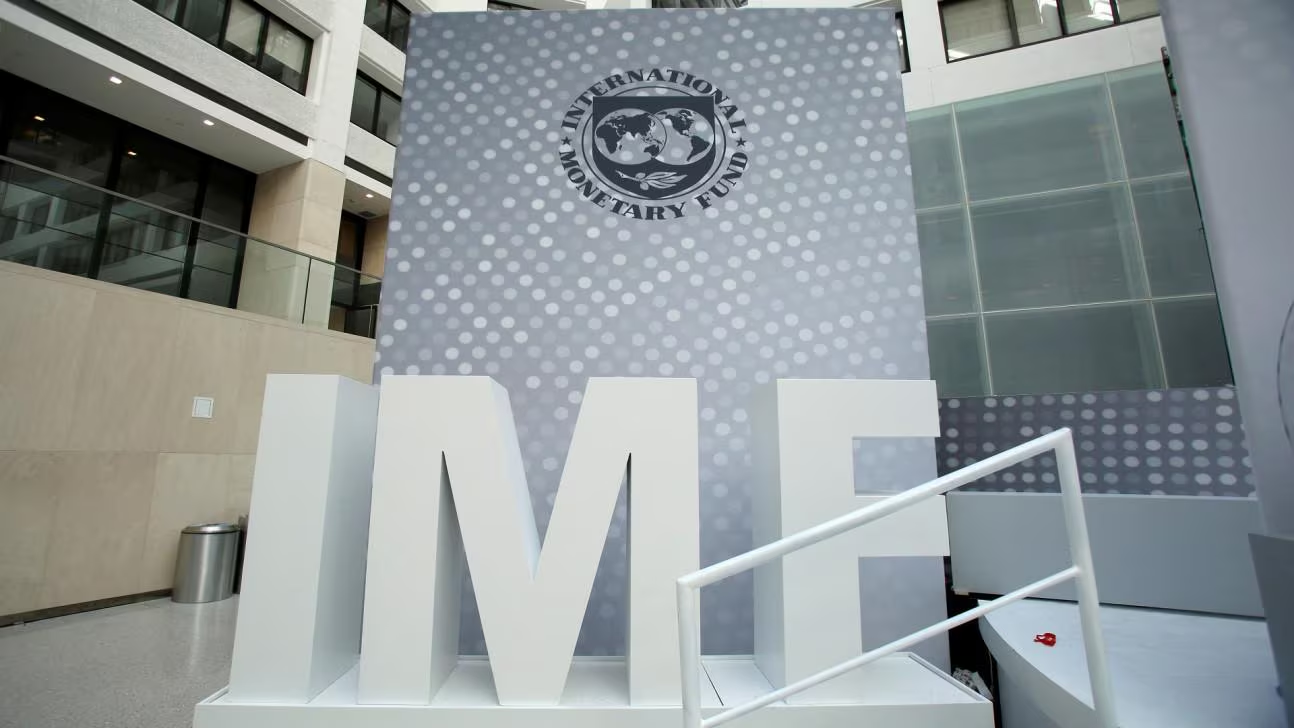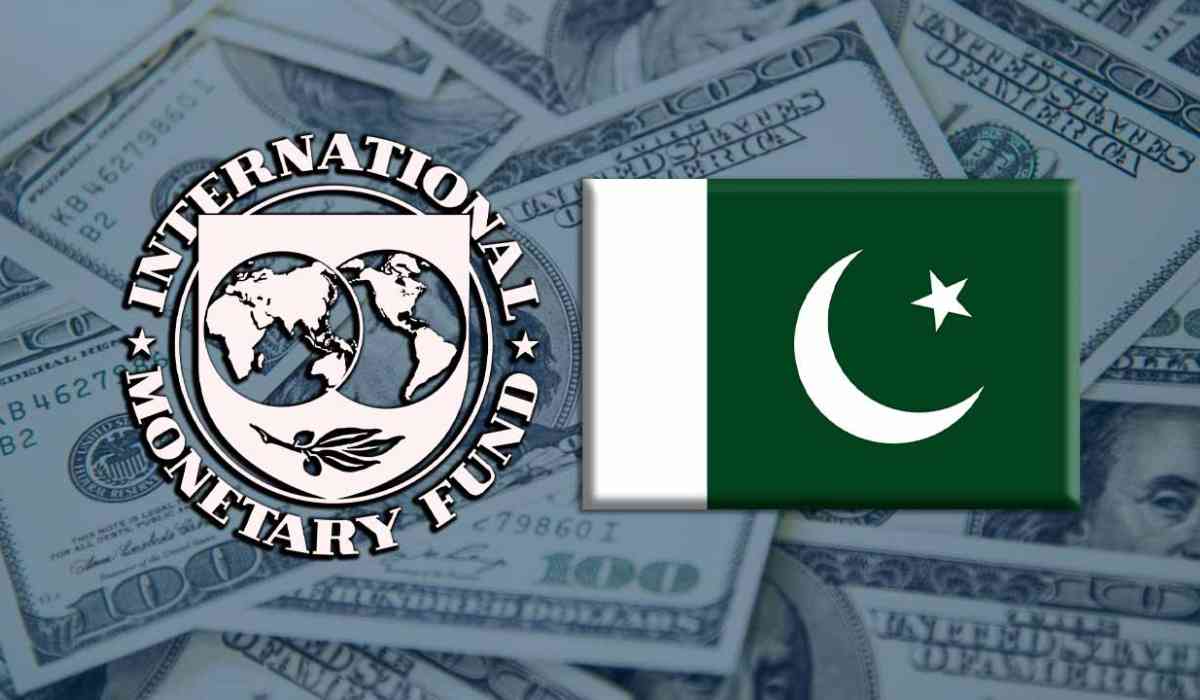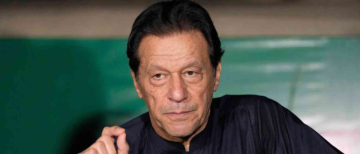In a high-stakes bid to secure international financial support, Pakistan has requested a new $1.3 billion loan under the International Monetary Fund's (IMF) Resilience and Sustainability Facility (RSF). This request coincides with a critical IMF Executive Board meeting on May 9, which will decide whether the nation qualifies for the next tranche of funding. But what was expected to be a routine appeal has turned into a diplomatic and reputational crisis, involving a controversial post on Pakistan's official X (formerly Twitter) account, allegations of hacking, and global criticism—particularly from India.
🚨🚨FAKE TWEET ALERT:
The account was hacked ‼️ pic.twitter.com/NLj9ijM04x— Fact Checker MoIB (@FactCheckerMoIB) May 9, 2025
Crisis Deepens: Military Losses and Market Crash Precede Loan Request
Pakistan’s latest plea for funds comes in the immediate aftermath of heavy military losses following India's Operation Sindoor, a precision strike that targeted nine terror-related sites across Pakistan and Pakistan-Occupied Kashmir (PoK). Pakistan’s air force suffered significant damage, reportedly losing at least five fighter jets, including a US-made F-16, in retaliatory Indian airstrikes.
These military setbacks, combined with an already fragile economic environment, triggered a sharp stock market downturn, adding urgency to Pakistan’s request for international financial assistance.
https://t.co/zLTqIpqPLv pic.twitter.com/4rcYLLHJiS— PIB India (@PIB_India) May 9, 2025
Public Appeal Goes Viral — Then Disowned
As tensions with India escalated, Pakistan’s Ministry of Economic Affairs posted a public plea on X, stating:
“Amid escalating war and stocks crash, we urge international partners to help de-escalate. Nation urged to remain steadfast.”
Another statement read:
“Government of Pakistan appeals to International Partners for more loans after heavy losses inflicted by the enemy.”
However, the post ignited widespread backlash, prompting the ministry to later claim that their account had been "hacked." The Fact Checker MoIB—the official misinformation-busting handle of the Ministry of Information and Broadcasting—tagged the viral post as "fake news."
Reuters also reported that Pakistan’s Ministry of Economic Affairs denied authorship of the X post and said:
“The account has been hacked, and we are working to have the X (account) switched off.”
Despite these clarifications, the damage was done. The post became the subject of widespread trolling online, including from India’s Press Information Bureau (PIB), which mocked Pakistan’s plea with quips like “Yeh Dil Maange More?”

IMF Loan Dependency: A Lifeline or a Liability?
Pakistan is currently under review for an additional $1.3 billion tranche from the IMF, having already received $7 billion under the Extended Fund Facility (EFF) since September 2024, including $1.3 billion in March 2025 for climate reform.
The outcome of today’s board meeting is vital for Pakistan, which remains heavily reliant on IMF support to avoid a full-blown balance of payments crisis. The country’s foreign exchange reserves are reportedly down to just $15 billion, compounding concerns about financial stability.
India’s Sharp Rebuttal: "Don’t Fund Terror Through IMF"
India has raised strong objections to the proposed loan. Foreign Secretary Vikram Misri declared that India will actively voice its position during the IMF board meeting. He stated:
“I'm sure that our executive director will put forward India's position... The case with regard to Pakistan should be self-evident to those people who generously open their pockets to bail out this country.”
Misri accused Pakistan of misusing international financial assistance to fund military intelligence and terror operations, rather than enacting meaningful economic reforms.
“Pakistan's reputation as the epicentre of global terrorism is rooted in a number of instances… I don't need to remind you where Osama Bin Laden was found and who called him a martyr.”
He further warned that groups like Lashkar-e-Toiba (LeT) and Jaish-e-Mohammed (JeM) — both designated terrorist organizations by the United Nations, India, and the United States — may indirectly benefit from IMF-backed funding.

Operation Sindoor and Terror Funding Concerns
The renewed scrutiny over IMF funding follows India’s Operation Sindoor, which effectively targeted nine terror hideouts in Pakistani-controlled areas. These strikes were carried out in response to the April 22 Pahalgam terror attack, which India believes was backed by elements within Pakistan.
India asserts that its military response was defensive in nature. “Our approach is not to escalate the situation; we only responded to the April 22 Pahalgam terror attack,” Misri clarified.
With these military operations in the backdrop, India's IMF representative, Parameswaran Iyer, has been tasked with leading the nation's IMF policy coordination following the departure of former Executive Director KV Subramanian.
A Tale of Two Economies: India vs. Pakistan
The economic disparity between the two nations adds further context to the geopolitical and financial tension. According to World Bank data:
-
India's GDP in 2024 reached $3.88 trillion, making it the world’s fastest-growing economy.
-
In contrast, Pakistan’s GDP stood at just $0.37 trillion—over 10 times smaller than India’s.
-
As per the IMF World Economic Outlook, India is projected to become the fourth-largest economy globally by 2025, overtaking Japan with a nominal GDP of $4.187 trillion.
This stark contrast reinforces India’s argument that IMF funds should be more strictly regulated, especially when granted to nations with ongoing links to terror groups.
IMF Decision Carries Global Consequences
As the IMF Executive Board meets to decide the fate of Pakistan’s latest loan request, the world watches closely. The controversy surrounding the hacked X account, the military fallout from Operation Sindoor, and allegations of terror financing have added new dimensions to what was once considered a routine economic evaluation.
Pakistan’s financial future now hinges on not just meeting IMF conditions, but also restoring international confidence in its commitment to peace, transparency, and genuine economic reform.
With inputs from agencies
Image Source: Multiple agencies
© Copyright 2025. All Rights Reserved Powered by Vygr Media.

















